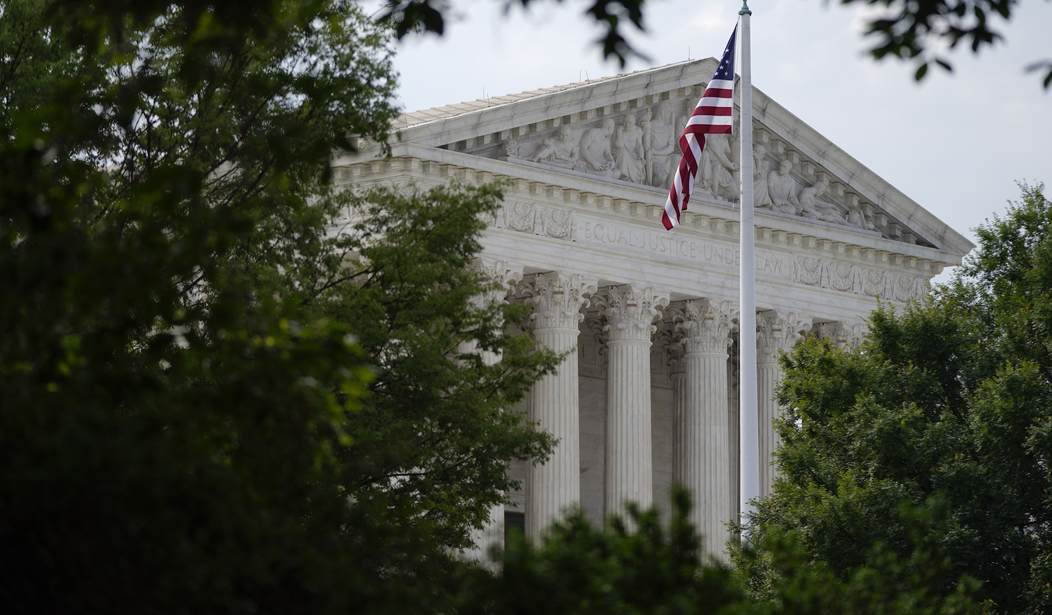In 1997, Alice Marie Johnson received a mandatory life sentence for a federal nonviolent drug offense without the possibility of parole.
However, 21 years later, President Donald Trump commuted her sentence and released a statement saying, “While this administration will always be very tough on crime, it believes that those who have paid their debt to society and worked hard to better themselves while in prison deserve a second chance.”
Two years later, Alice addressed the 2020 Republican National Convention, telling the crowd, “I am alive, I am well, and most importantly, I am free.” She credited the President and her Christian faith for her release and called for continued reform and clemency for other inmates like her: “I’m using my voice to tell their stories. And I pray that my face reminds you of those forgotten faces.”
Alice helped inspire the passage of the First Step Act (FSA). Signed into law in 2018, the FSA was the overwhelming success of rare bipartisan congressional support to foster greater rehabilitation and reduce recidivism. A vital component of the FSA is the retroactive reduction of mandatory sentences for nonviolent crimes, which disproportionately affect Black drug offenders.
A new analysis released last month by the Council on Criminal Justice studied the effect on nearly 30,000 inmates released from federal prisons through the FSA from 2020 to January 2023. The report estimates a 37% lower recidivism rate and 3,125 fewer arrests of those who went through the FSA program versus those who didn’t.
The report highlights the continued success of the FSA, but reports usually only give percentages and numbers. Alice’s story, and others like hers, put a human name on the numbers.
One of those numbers is named Matthew Charles, who was convicted of selling crack cocaine and illegally possessing a gun in 1996 and sentenced to 35 years in federal prison.
During that time, he became a model inmate, worked through numerous Bible studies, and became a law clerk. Matthew was released in 2019 and is considered the first person released through the FSA.
Recommended
One of Matthew’s lawyers championed him as an example: "People can change, the character’s not static, and people can have redemption if given the opportunity to come out of federal prison and show they are a changed person.”
There are other names of people also impacted for good by this legislation. One is Robert Shipp, released early after serving 25 years for selling crack cocaine, but still regrets losing his father during that time. Or Keith Williams, who received a more than 22-year sentence. He was released early and was able to resume everyday family life.
Their stories, and the positive stories of others, are a reminder that no one is forgotten, even in prison. The family and friends they have left behind remember them; they are valued as people and can be rehabilitated.
Many of us advocating for prison reform are often guided by Matthew 25:36-40 when Jesus says, “I was in prison, and you came to visit me,” and his listeners ask, “We did? When?” Jesus replies, “When you did it to the least of these, you did it to me.”
But this requires more than simply being an advocate for change. Yes, we need system-wide reform; the difference will mostly come through politics and policies, despite the long, tedious work it will require.
But to visit the “least of these” — the forgotten — in prison implies we get to know their name, hear their stories, and see them as humans loved by their families and God.
In her address to the RNC, Alice brought this idea home, saying that “… none of us want to be defined forever based on our worst decision.”
The evidence shows the First Step Act reduces disproportionate sentences as well as the number of re-offenders while also equipping and enabling former inmates to be with their families and contribute to their communities.
Americans believe in justice that allows for second chances when appropriate and sometimes even a third. As Christians, we believe that turning away from our sin helps bring positive transformation, which is another way of saying rehabilitation.
As a nation, we can be “tough on crime” but also “smart on crime.” In this next election, people of faith must encourage and support ballot measures and conservative candidates committed to protecting, strengthening, and expanding the First Step Act and other similar legislation.
Timothy Head is the executive director of the Faith & Freedom Coalition.

























Join the conversation as a VIP Member